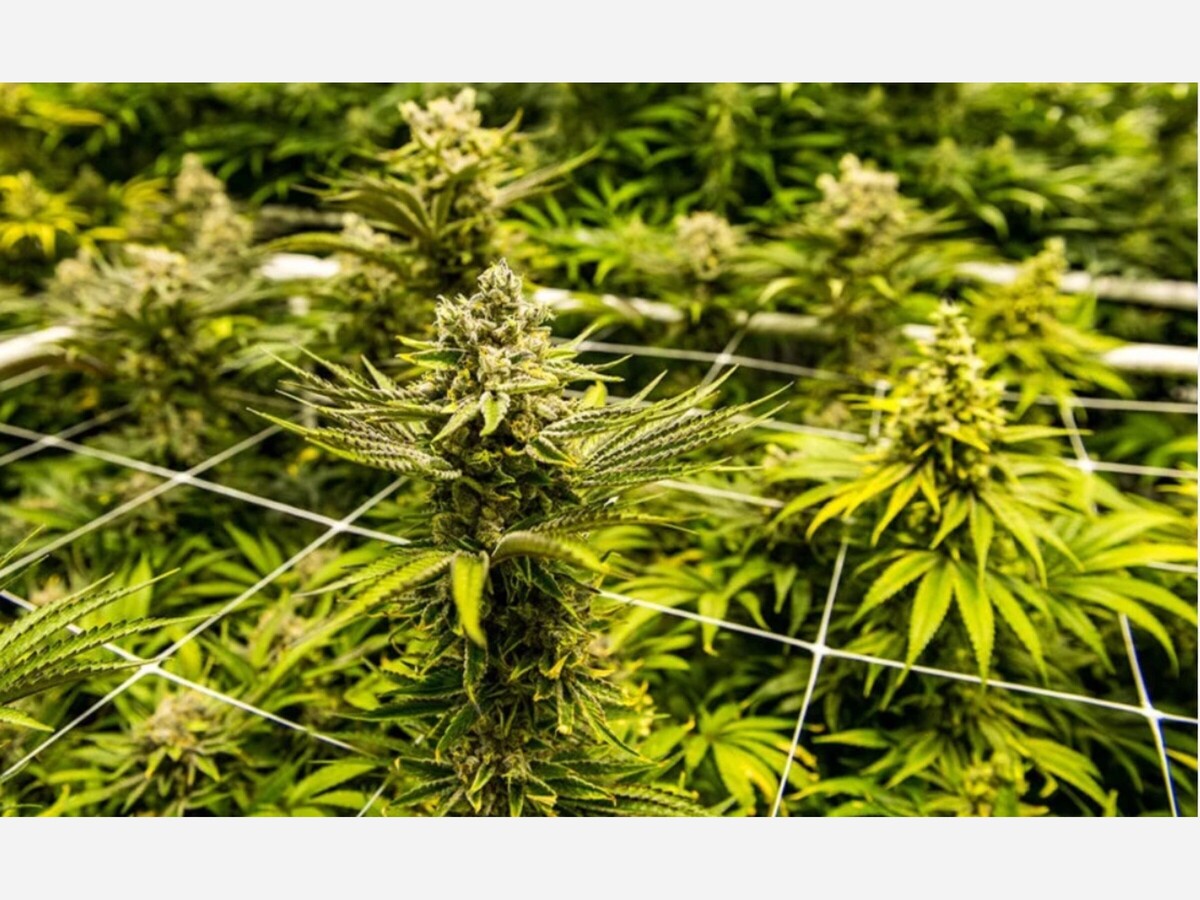Image


A new research document titled, Efficacy and Safety of Cannabinoids for Autism Spectrum Disorder: An Updated Systematic Review
review of scientific research on the use of marijuana’s components to treat autism spectrum disorder (ASD) finds that “preliminary evidence suggests potential benefits,” including improvements around anxiety, sleep and behavior. But more work especially randomized controlled trials are needed “to confirm these results and establish clear treatment guidelines,” authors said.
Autism Spectrum Disorder (ASD) is a complex neurodevelopmental condition characterized by difficulties in social communication and restricted, repetitive behaviors . It affects about 1%-2% of children worldwide, with recent estimates in the United States indicating that approximately 1 in 36 children is diagnosed with ASD. Despite the growing prevalence of ASD, there are currently no established pharmacological treatments for its core symptoms. Clinicians often manage associated behaviors (such as irritability, hyperactivity, or anxiety) with medications like antipsychotics or antidepressants, but these provide limited benefit and can cause significant side effects (e.g., weight gain and sedation). This therapeutic gap has led families and clinicians to seek alternative interventions, including cannabinoid-based therapies.
Preliminary evidence suggests that CBD-rich formulations may hold promise for managing certain ASD symptoms. Improvements were noted in anxiety, sleep quality, social effects, and behavior, although these findings varied across studies. Importantly, adverse events were generally mild and occurred at similar rates in cannabinoid and placebo groups, supporting the intervention’s safety profile.
Regarding sleep, studies indicate a slight improvement in sleep quality, reflected in better well-being scores (e.g., CSHQ). These findings align with recent literature emphasizing CBD’s potential role in sleep regulation. Additionally, autistic core symptoms showed positive responses, with improvements in scores such as SRS-2, ATEC, and CARS, suggesting enhanced behavior and social interaction. Some studies also reported reductions in hyperactivity, agitation, self-injurious behavior, and epilepsy, along with improvements in communication skills, attention, and eye contact..
Anxiety reduction was another notable finding, with results from Junior et al. and Schnapp et al. corroborating broader evidence of cannabinoids' anxiolytic effects. Some studies also explored the use of CBD-enriched formulations in ASD patients with ADHD, showing promising outcomes. While a range of side effects was reported, somnolence was the most frequently observed, consistent with existing literature
This systematic review assessed the potential impact of cannabinoids on ASD symptoms and adverse effects. While preliminary evidence suggests potential benefits, particularly for anxiety, sleep, and behavior, the findings remain inconclusive due to study heterogeneity and methodological limitations. More rigorous, well-designed RCTs are necessary to confirm these results and establish clear treatment guidelines for cannabinoid use in ASD.